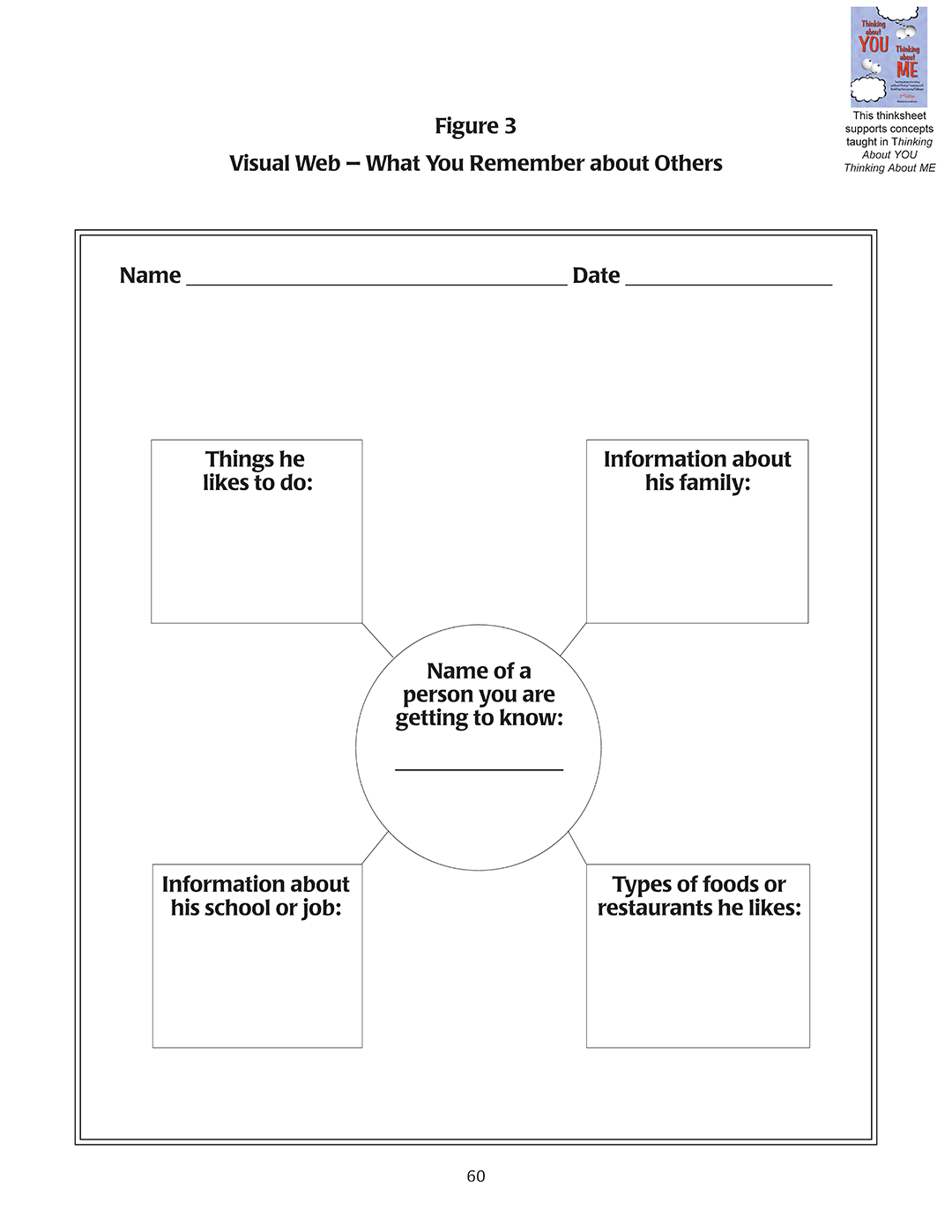Help guide social learners in some of the most significant learning of their lives
Friendship seems so easy and natural to those who make friends easily—but to those who find it challenging, it’s neither simple, logical, or predictable! All functional relationships—including friendship—require a range of social competencies, such as executive functioning & organizational skills, perspective taking, flexible thinking, understanding feelings & emotions, and many more.
How do we crack open this treasure chest to make the most coveted, yet complex facet of relationship development explicit and accessible to our children, students, and clients who struggle to form gratifying emotional relationships with their peers, colleagues, and others they simply share space with?
Quick Links
- Best-Selling & Award-Winning Products
- On Demand Courses
CEs available for select professionals - Free Stuff for Home & School
- What is Social Thinking?
Products on Friendship & Relationship Development for Developmental Ages
Ages 9-12
Ages 13-18+
All Ages
On Demand Courses—Practical Strategies You Can Use Right Now
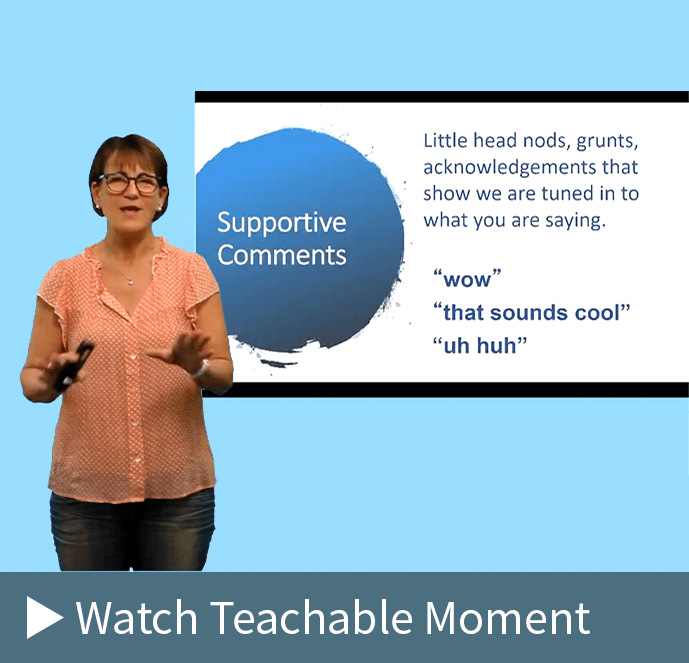
Combating Loneliness and Misbehavior
Download this free visual with practical ideas for initiating social conversations, which Michelle Garcia Winner presents in this course.
Loneliness is a dangerous national epidemic that has been growing in depth and complexity for many years. Loneliness not only endangers our mental and physical health, but it also can make us less kind and caring toward others, resulting at times in misbehavior at schools and within our communities. We’ll explore a range of research-informed ways we can cultivate meaningful relationships with others to foster our well-being, as well as kindness, empathy, and generosity of spirit toward others. Now more than ever, building social awareness, managing anxiety, and developing social communication strategies to combat this growing crisis of loneliness is critical for school-age children, tweens and teens, and all the way through the adult years. The 90-day Recorded Replay Access begins at the time of Registration.
1.5 hours of CE credit available for select professionals.
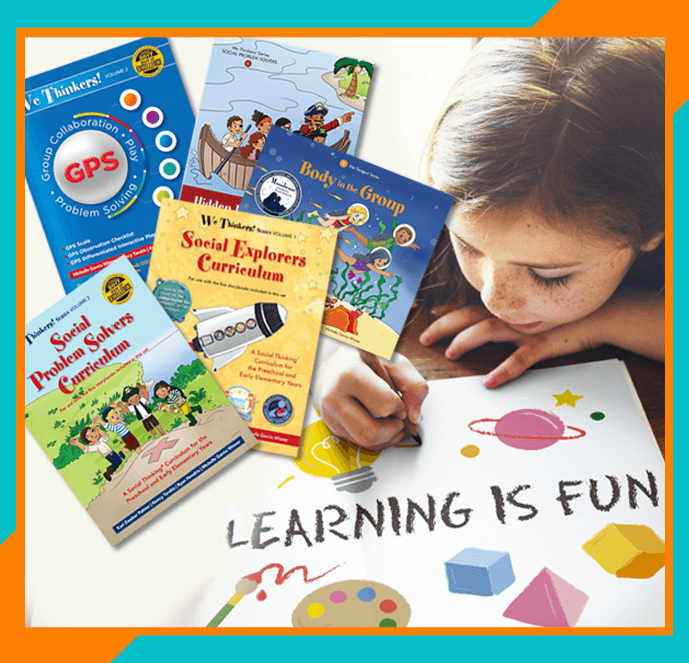
Helping Early Learners Build Social Competencies
This strategy-filled course delves into crucial aspects of building social competencies in preschool and early elementary-age students (ages 4-7). Explore how flexible thinking, social language, self-regulation, and social and emotional development are vital for developing collaborative interactions in group settings, both on the playground and in the classroom. Gain insights from a research perspective on the impact of executive functioning, social attention, and social problem solving through the lens of our award-winning We Thinkers! curriculum series. Walk away with practical strategies and examples to seamlessly integrate social learning concepts into your existing teaching methods. The 90-day Recorded Replay Access begins at the time of Registration.
5.5 hours of training and CE credit available for select professionals.
Free Stuff for Home & School
Free Articles
- Teaching an Essential Life Skill: How to Ask for Help
- 10 Truths & Tips for Making and Keeping Friends
- Add-a-Thought: Teach an Essential Conversation Skill
- Social Perspective Taking & The 5 Steps of Being with Others
- I'm Interested in You—Well, Sort Of: Social Anxiety, Face-to-Face Communication, Digital Devices, and the Art of Saying "Hi"
- The Other Side of the Friendship Pyramid: Dealing with Dislike
- Social Communication and the 4 Steps of Communication
- Addressing Social Competencies and Social Anxiety Using the Spirals of Anxiety
- Dating: A Practical Guide for Autistic People
Free Video Lesson
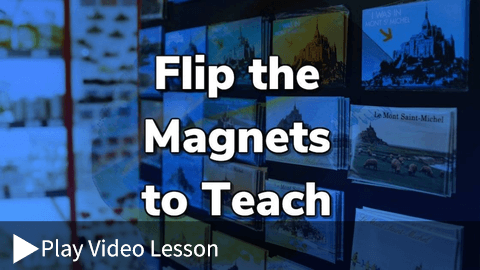
Michelle Garcia Winner, MA, CCC-SLP
Watch this short video mini-lesson in which Michelle Garcia Winner demonstrates how she uses magnets with her clients to help explain friendships and relationships. You can use this exercise with pre-teen, teenagers, young adults, or even adults.
Free Webinar
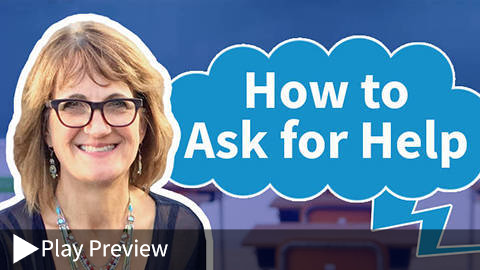
Michelle Garcia Winner, MA, CCC-SLP
It’s human nature to want to help others, but it’s often difficult for people to ask for help, especially those with social learning differences. In this webinar, we’ll discuss why children, students, and adults may resist help or refuse to ask for it and we’ll deconstruct the multi-step process through which we ask for help. We’ll also explore the social emotional benefits for all participating in this unique and rewarding relationship.
What You Remember About Others
